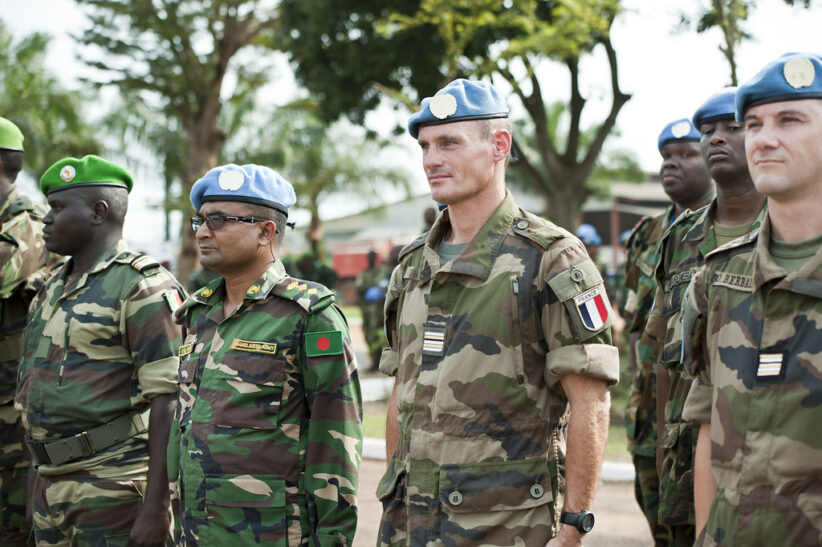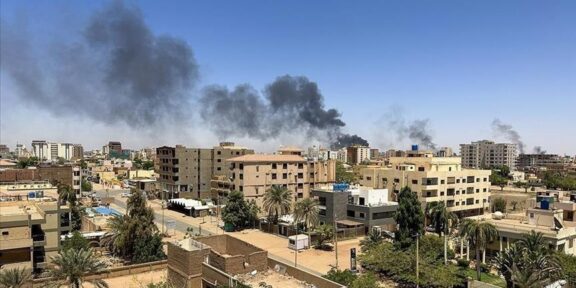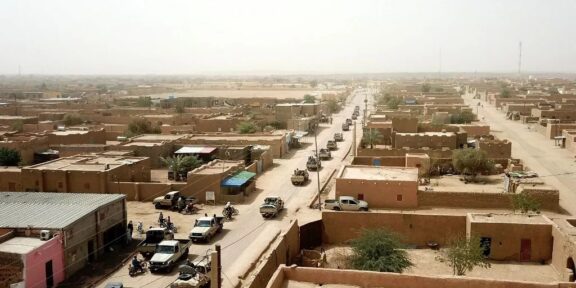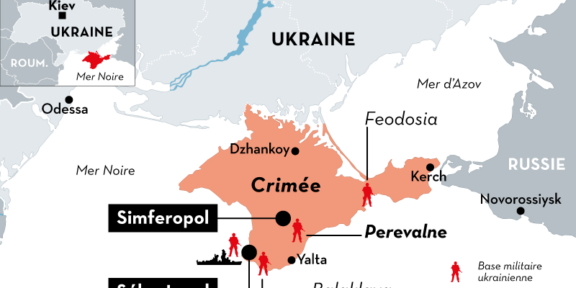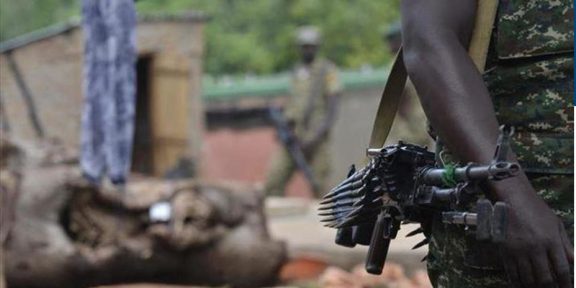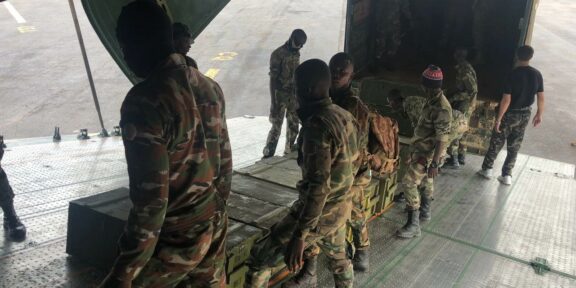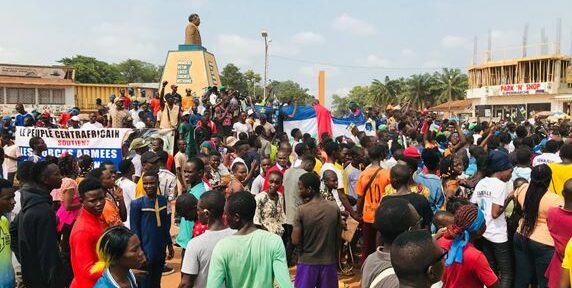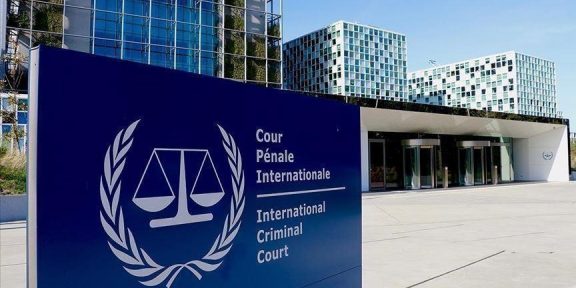The deployment of a contingent to the small town of Bambouti, in the Haut-Mbomou region of south-eastern Central African Republic, is rightly striking in its unexpectedness, and is sparking a wave of debate among political analysts and civil society activists.
At the end of May, Vladimir Monteiro, spokesman for MINUSCA, announced the deployment of a unit of soldiers in the region from May 8, claiming that it was aimed at “protecting the civilian population, securing the Obo-Bambouti axis and creating the conditions for the extension of state authority”. What is surprising is the fact that in the region there has never been a MINUSCA base, which calls into question the sudden need for such a base.
Since 2014 the peacekeepers’ budget has increased with each renewal of the mandate. Every year over a billion dollars is allocated to them, while the results don’t always match the sums spent. The new base will need even more investment, which many will be able to take advantage of for corrupt purposes.
Published evidence of MINUSCA’s complicity with armed groups only reinforces suspicions. The new base is located close to the borders of South Sudan and the Democratic Republic of Congo, making it even easier for peacekeepers to help fighters cross the border.
Nor can we ignore the fact that the success of the FACA and Russian trainers, whose efforts to dismantle militant cells in eastern CAR may have been the catalyst that prompted MINUSCA forces to urgently deploy their new base.
The unexpected appearance of the MINUSCA base could be intended to destabilize the security situation in the region. Such actions could be aimed at destabilizing the situation in CAR, which would simply allow a further extension of the peacekeeping forces’ mandate under the pretext of protecting the region’s security.
It’s hard not to question the sincerity of Vladimir Monteiro’s stated objectives. Unfortunately, it seems that MINUSCA’s actions are just another effort to hold on to its position at all costs.

